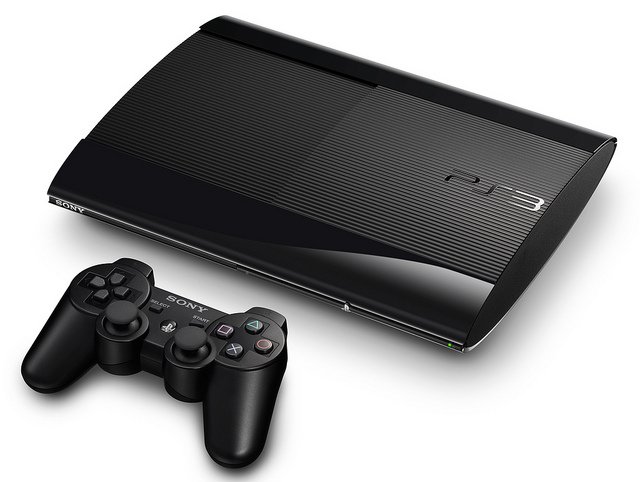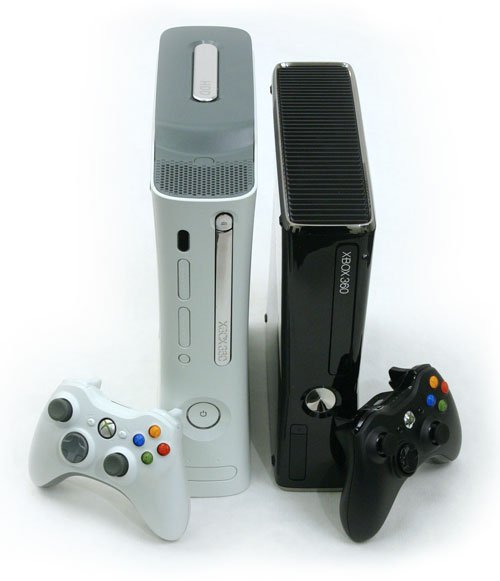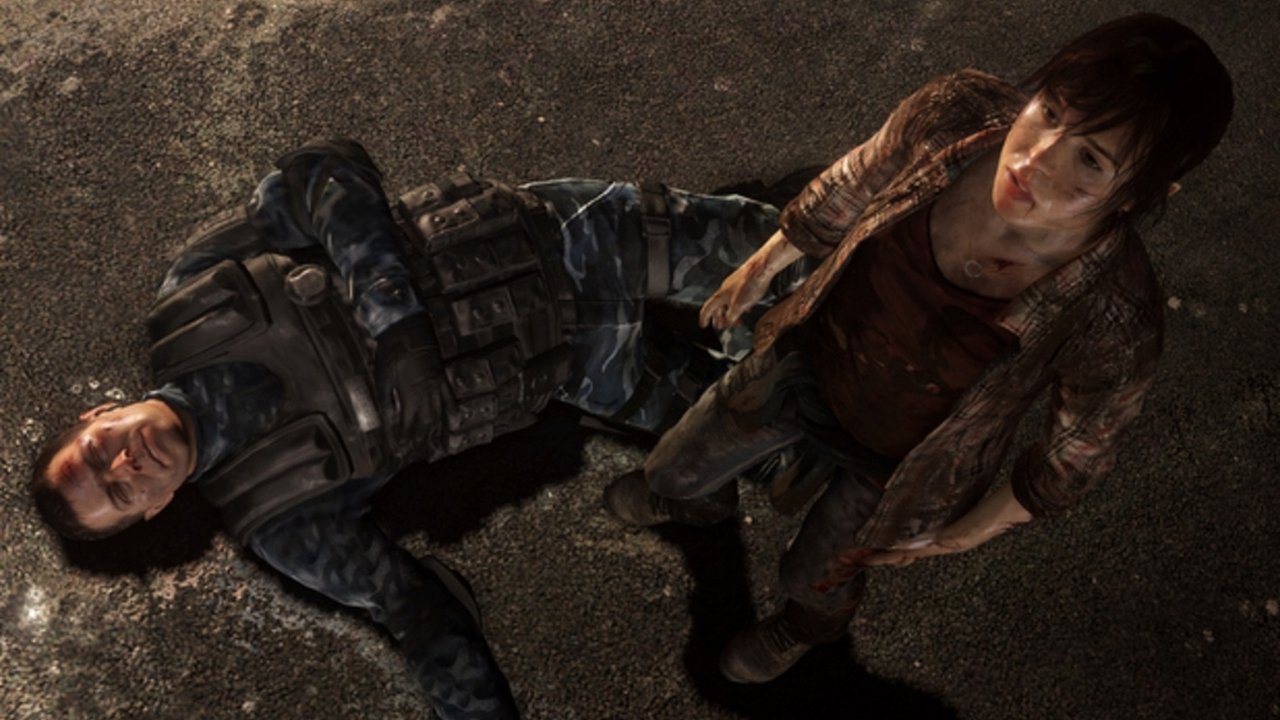I’m personally of the belief that 2013’s E3 is going to see the debut of the Playstation 4 or the next Xbox, possibly both, with a market release for the 2013 holiday season. But there is another school of thought that argues that both Sony and Microsoft are considering 2014 for the year they release their new systems.
While I myself am not betting money on this to happen, I can see certain benefits to it. There are actually a lot of good reasons for both Sony and Microsoft to eke out one more year from this generation, most of which fall under the “err on the side of caution” department. For one thing, both the Xbox 360 and PS3 are enjoying decent sales thanks to the lower prices of the consoles, and the diverse library of multiplatform and exclusive titles each console enjoys. In that sense, sticking to the current generation is easy money for both companies, since it means routine maintenance of established manufacturing and distribution supply lines, rather than all the usual massive costs involved in getting the infrastructure for a new console established.
There’s also the fact that both manufacturers still have some heavy hitting titles for their respective machines, like Epic’s Gears of War: Judgment for the Xbox 360. Sony in particular, has a load of upcoming games like The Last of Us, Beyond: Two Souls and God of War: Ascension that all have solid release dates. On top of that, there are the more nebulous games people are still waiting for, such as The Last Guardian, Final Fantasy Versus XIII and The Agent. That’s a lot of titles—both dated and not—for a console that’s supposed to be in its twilight year at the close of 2012. It’s going to be interesting to see whether or not Square-Enix and Rockstar are still committed to getting their near-vaporware games out this generation or next generation, or whether they’ve simply cancelled the projects and are hoping they will quietly fade from consumer awareness. Sony, on the other hand, has made too big a deal of The Last Guardian at this point and cancellation is not an option, though we’re still far from certain about exactly when this game will come out.
There’s also a matter of comfort levels. Both consoles are now at a point where developers have a pretty good handle on how to develop for them. Games being created now rely on solid, well implemented knowledge about the limitations of the hardware, with engines that have been thoroughly tested. Barring the now expected catastrophic PS3 failures of Bethesda, most developers know how to confidently make games for both consoles at equal parity. This means that developers can now devote a good chunk of their game development on the game itself, rather than wrestling with the technology and just figuring out how to get it to run. As with the Playstation 2, this means that some of the most technically accomplished games we’ll ever see out of these consoles are coming out now. And when you’ve got a good thing like that going, does it really hurt to keep the maintain the momentum for one more year?
 And finally, perhaps the most compelling reason for the console manufacturers is that the majority of consumers don’t care about faster processors and better graphics. Hardcore gamers, like the ones reading this article, obviously care enormously since they take the time to stay informed about developments in the industry. But the tens of millions of gamers that buy a new Madden or Call of Duty game every year don’t even know—or care—that these annual titles have been using the same graphics engine for years. That has no impact on the fact that they turn these games on and play the same game, with slight tweaks, over and over again. Nintendo has already proven to both Sony and Microsoft that audience that makes a console a massive commercial success is not necessarily all that technically inclined.
And finally, perhaps the most compelling reason for the console manufacturers is that the majority of consumers don’t care about faster processors and better graphics. Hardcore gamers, like the ones reading this article, obviously care enormously since they take the time to stay informed about developments in the industry. But the tens of millions of gamers that buy a new Madden or Call of Duty game every year don’t even know—or care—that these annual titles have been using the same graphics engine for years. That has no impact on the fact that they turn these games on and play the same game, with slight tweaks, over and over again. Nintendo has already proven to both Sony and Microsoft that audience that makes a console a massive commercial success is not necessarily all that technically inclined.
Obviously all of these reasons are based on financial considerations. More to the point, these considerations come from keeping with a steady, established ship rather than building and launching a new one. However the flipside, and an urgent one at that, is that this console generation has lasted longer than any other. Over twice the normal three year cycle that previous consoles experienced. The masses may not care whether a new machine is on the way or not, but the early adopters and evangelists are the ones that carry a lot of weight with the average consumer, and they are definitely ready for change.




